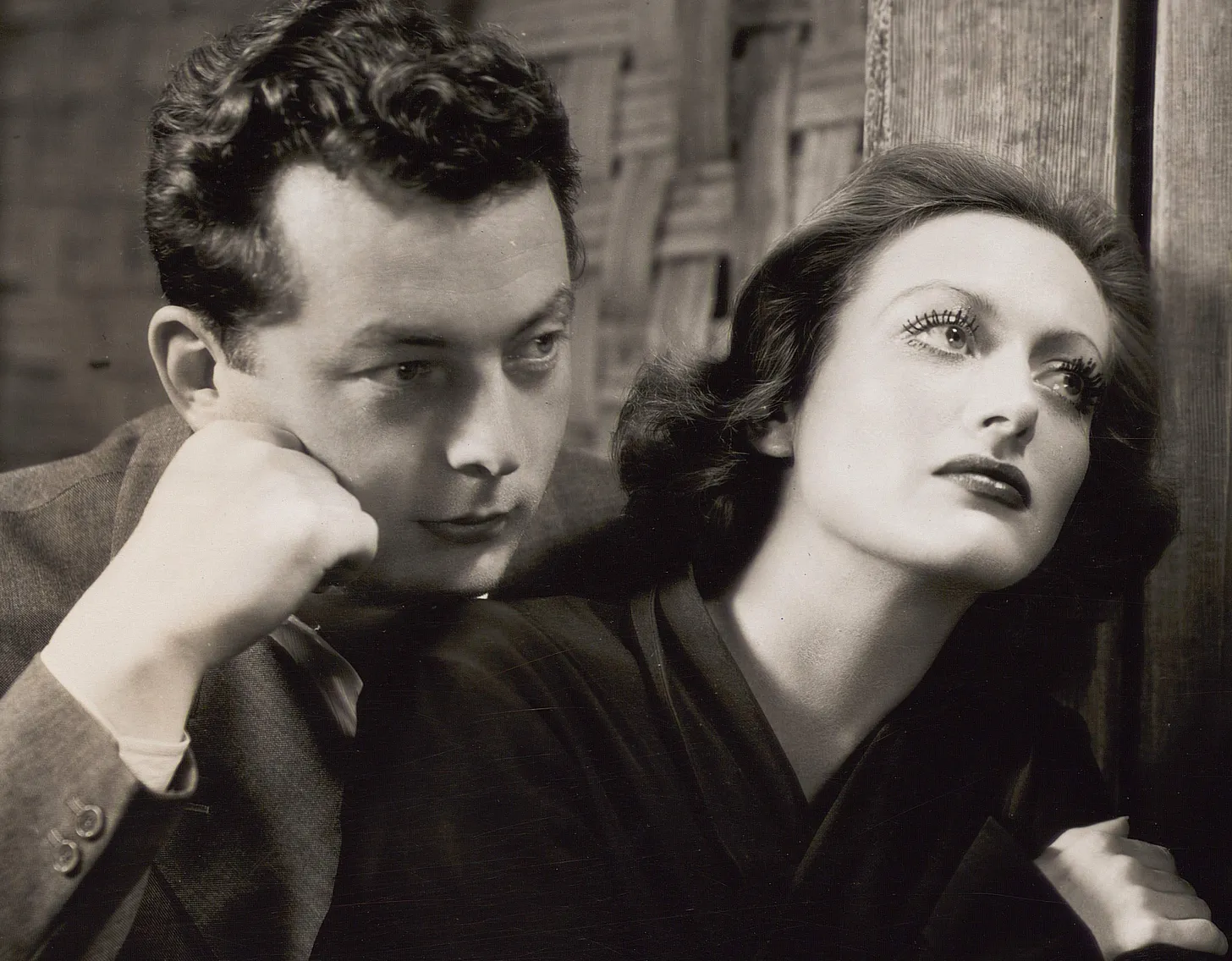 |
| Cover of All About Me's VHS edition of |
Playing on June 18, 2025 at Il Cinema Ritrovato XXIX. – EK
Katharine Hepburn: All About Me (David Heeley, 1993)
When Katharine Hepburn appeared in All About Me at age 85, it was a year after she had published her autobiography, Me: Stories of My Life – stories from which she repeats on camera. Not exactly all about her, but still very much focused on a star who was, at various times, deemed “unusual,” “box office poison,” and a feminist trailblazer in a film industry built on familiarity, money, and misogyny.



%20(c)%20Kanoon_da%20Mk2%20(3).jpg)




